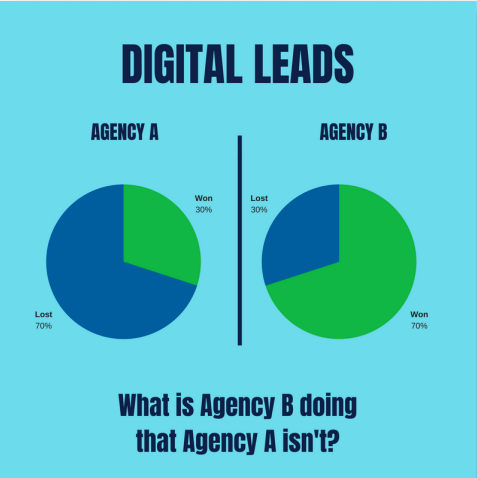The following is an excerpt from a white paper, available in full here.
There have always been a lot of independent insurance agencies in the marketplace, just as there are today. But the competition seems to be increasing by the hour, thanks largely to the proliferation of digital technology and online marketing.
Consequently, most agents hear the following comments quite frequently:
- “You insurance people are all the same.”
- “Sure, you can bid on my business insurance; we shop it every three years.”
- “Can you give me a quote on my business insurance? I’m just trying to keep my current agent honest.”
- “I’d like a quote on my automobile insurance.”
- “I noticed my homeowners insurance increased $25. Could you shop it around?”
And those are just a few examples. There are so many others because consumers have so many additional purchasing options that didn’t exist until recently.
Whether it’s personal or commercial lines, consumers are constantly being educated that insurance is all about price. So if you sound like, look like and act like every other insurance agent or agency, people will assume that’s who you are — like everyone else. This leads to price-only selling, practice quoting and unpaid consulting.
See also: A Contrarian Looks ‘Back to the Future’
One of the reasons the marketplace is so crowded is that most agencies have not differentiated.
They simply do not have a compelling story of differentiation. When asked, “Why should I do business with you/your agency?” most will respond with the same standard, boring, "Generic Five" lines.
- “We give great service.”
- "We're local."
- “We represent all of the major insurance companies.”
- “We’ve been in business for 100 years.”
- “We have the best people.”
That last one annoys me. Really? Is there a vortex in the universe that sucked all the best people in our industry into one agency?!
Don’t get me wrong. I find that most agencies provide excellent reactive service, represent a slew of great companies, have been around a long time and have some great people. There’s no doubt about that. There’s just not a compelling reason why I should even consider you. You’re just not different.
Furthermore, the vast majority of agencies simply have no formal, systematic selling and marketing process. For most, the “selling system” (or set offense, as I like to call it), is still focused on the old way of selling:
Look, Copy, Quote and Pray.
I’ll look at your policies, copy the information, give you a quote and then pray that the premium I present to you is less than what you’re paying today. I’ll continue praying that you don’t take my quote, give it to your current agent and tell the agent, “Match it, and you get to keep the business.”
Do you have an “agency's way” of selling and marketing your products and services? As an agency owner or producer, how would you answer the following:
- What’s your 30-second commercial? What’s your two-minute infomercial?
- What’s your unique selling proposition (USP) — the unique and appealing ideas and things that separate you from all other “me too” competitors?
- What’s different in your process of risk assessment, risk transfer and risk prevention?
- Do you and all of your team members know your top five PODS, or points of differentiation, and do you actually deliver on them?
I realize that changing the consumer’s perception remains a challenge when TV’s Flo and the gecko saturate the marketplace. They, and others, spend billions on advertising. It's no wonder the consumer thinks it’s all about price! Plus, once you click through to a site, it has your data and tracks you indefinitely. This is not just in personal lines. Small to mid-sized commercial accounts are getting the exact same message. That’s because it’s irresistibly easy for the consumer or business owner to call a toll-free number or “click here for a free quote” on hundreds of different websites.
Again, please don’t misunderstand my point. The reality is that when properly used, digital marketing can help aggressive independent agents fill their pipelines (although I fear that most are filled with suspects, not future ideal clients). But while digital marketing can provide you with opportunities, it’s up to you to seize them. Once you get an email, phone call or online alert, what do you do with it?
See also: Future of Insurance Looks Very Different
When I talk to agency owners about the number of clients they’ve received from online contacts, I hear vastly different stories.

What is one doing to get the prospect’s business that the other one isn’t? When an opportunity arrives, what are you/your producers doing and saying to connect with the prospect and close the deal? What’s your process, and how do you follow up on it?
 What is one doing to get the prospect’s business that the other one isn’t? When an opportunity arrives, what are you/your producers doing and saying to connect with the prospect and close the deal? What’s your process, and how do you follow up on it?
What is one doing to get the prospect’s business that the other one isn’t? When an opportunity arrives, what are you/your producers doing and saying to connect with the prospect and close the deal? What’s your process, and how do you follow up on it?






